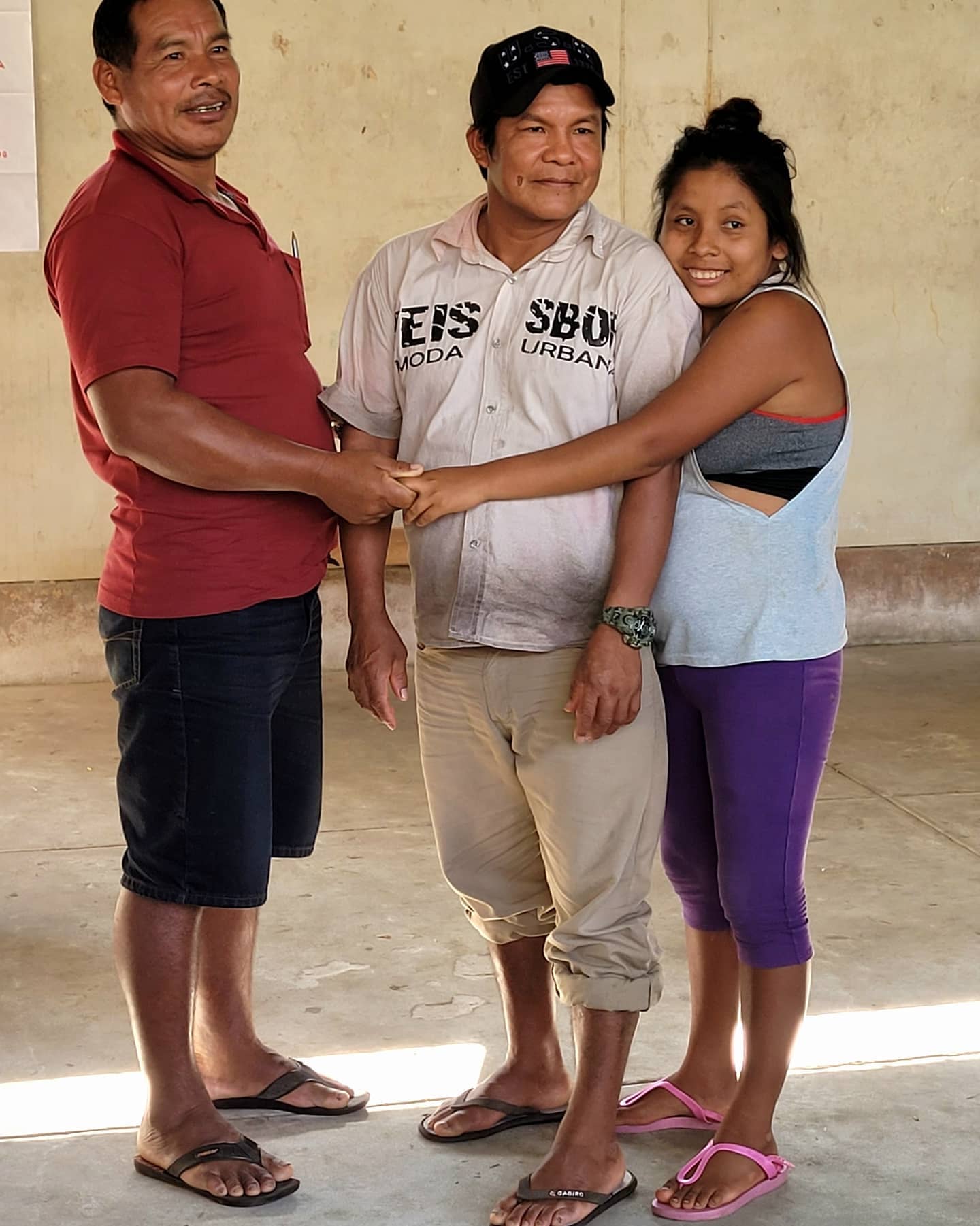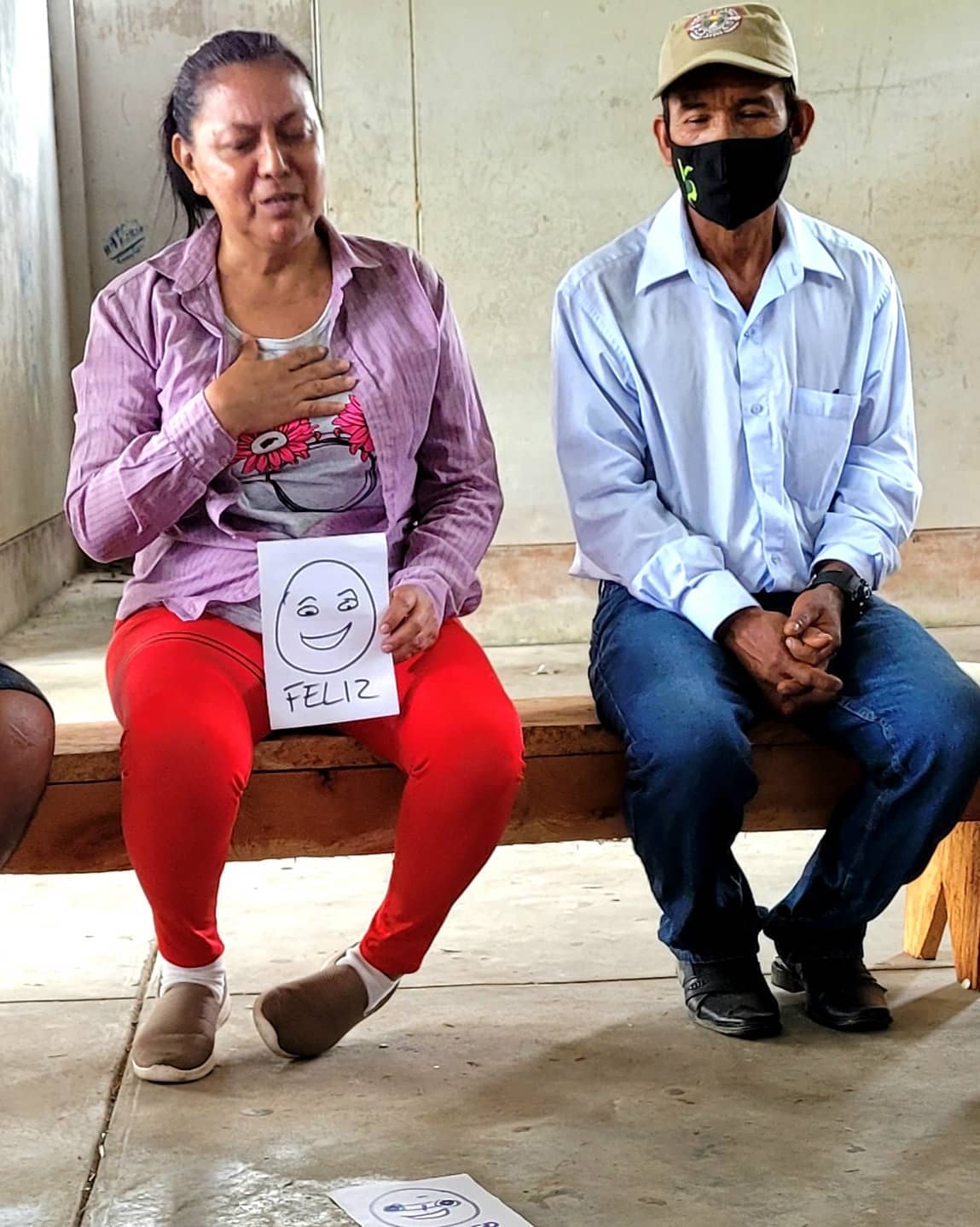After the practice AVP facilitator teams had each led their practice sessions, the lead team led one more session called “Advanced challenges in facilitating.” We put together condensed versions of each session and asked the practice teams to pick new people to lead these activities in this final session.
During this second round, one or two facilitators did something in the role of a participant that required a facilitator leading the activity respond in some constructive way. These included situations like: someone began telling a long winding story, two people kept chattering with each other when a facilitator was addressing the group, someone was overly competitive in a friendly game, someone began deeply sobbing when recounting a painful event, someone told the large group a traumatic story a partner had told them in private, two people starting yelling profane insults at each other in a simple role play, someone kept laughing during a serious activity.
While major disruptions are rare in workshops, facilitators frequently need to cope with minor disturbances by tactfully reminding people about the community agreements that require that people respect themselves and others in some way. If things go astray, facilitators are encouraged to pause the activity and consult with each other to decide how they wish to proceed.
I have to admit that I enjoyed playing the “bad boy” in this session because it gave me a chance to step out of usual role as the calm and thoughtful facilitator. Some people were genuinely shocked to see me acting roughly and spewing Spanish slang vulgarities. While these scenarios did pose genuine challenges for the inexperienced facilitators, they appreciated the chance to try and think through how they might handle such situations in an actual workshop.

AVP Practice team discusses accomplishments and challenges




